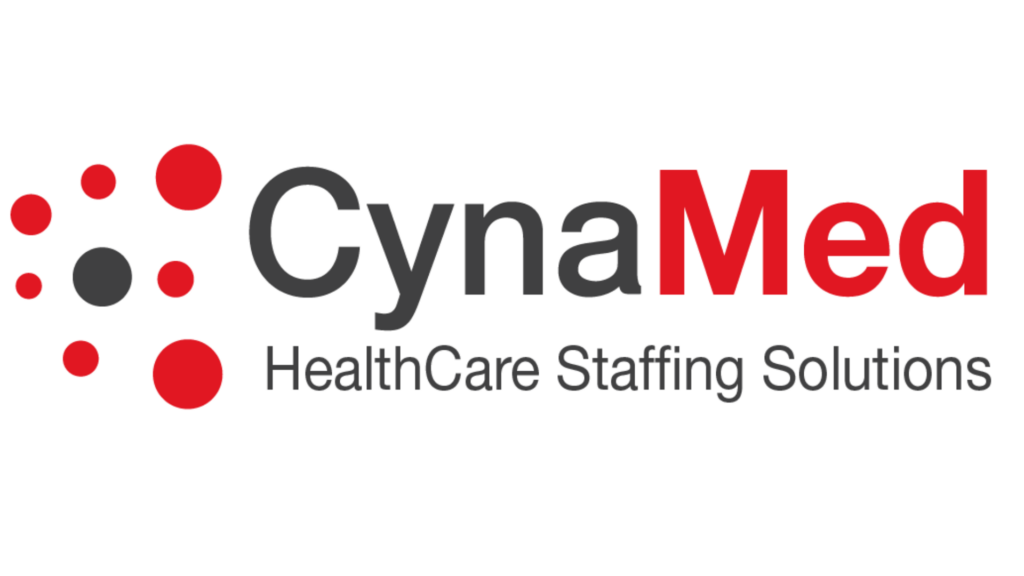There are many different positions that fall under the category of nursing. Each of these requires different skills, education, and qualifications. Some of the most popular are RN jobs and LPN jobs. What is the difference between these? How do you become each of them? Here is everything you need to know about LPN vs. RN.
LPN basics
LPN stands for licensed practical nurse. LPN jobs are some of the most basic in the nursing sphere. They can work in hospitals, nursing homes, or other medical facilities under the supervision of a licensed doctor or RN. There are many possible specializations you can learn as an LPN, including gerontology, long-term care, pharmacology, hospice, IV therapy, immunization, and dialysis. A typical day on the job looks different depending on your field.
In order to become a licensed practical nurse, you need to become licensed. There are a few different ways to do this. You could get a diploma or certificate through a training program. This could take anywhere from nine to 18 months. Getting an associate’s degree is also an option. This would take anywhere from 18 months to two years. There are pros and cons to each. Training programs are faster, while college degrees allow you to accumulate credits you could later use to return to school. Either way, you will have to pass an exam before becoming approved for LPN jobs.
RN basics
An RN is a registered nurse. This is your typical college-educated nursing position. RNs work in every type of medical facility, from hospitals to nursing homes to private practices. RN jobs are even more specific than LPN jobs and have more specializations. These include everything from midwifery to dialysis to psychiatric to trauma.
Becoming a registered nurse requires you to complete a four-year bachelor’s degree in nursing. There are also programs to become an RN without a full degree, but this is less common. Either way, you will need to pass an exam to be eligible for RN jobs.
LPN vs. RN – what should you choose?
If you are looking to enter the workforce as soon as possible, an LPN training program may be for you. These can be completed in less than a year, saving you time and money. On the other hand, if your goal is to become an RN or even a doctor, you should go to college to get a nursing degree. Some people start with an associate’s degree, graduate, and work as an LPN for a few years before going back to get their RN certification. This is a good way to save up money for college.
People who are sure they want to be a nurse and are ready for four years of school should go right into a bachelor’s program. If you want to have a high-level specialization that requires a master’s degree, an RN is also a good place to start. However, if you aren’t sure if nursing is going to be your forever career, starting out as an LPN may be wise.
It also depends on what you want to accomplish in your career and what type of patients you want to work with. LPNs provide more basic care, while RNs do more administration of medication and treatments. RNs make more money, but it costs more to become one as more education is involved. LPNs make between $40,000 and $60,000 a year. RNs can make up to $100k.
Looking for LPN or RN jobs?
No matter your certification, CynaMed can help you find a position in the greater Pittsburgh area. Call (412) 325-3420 to learn more.






